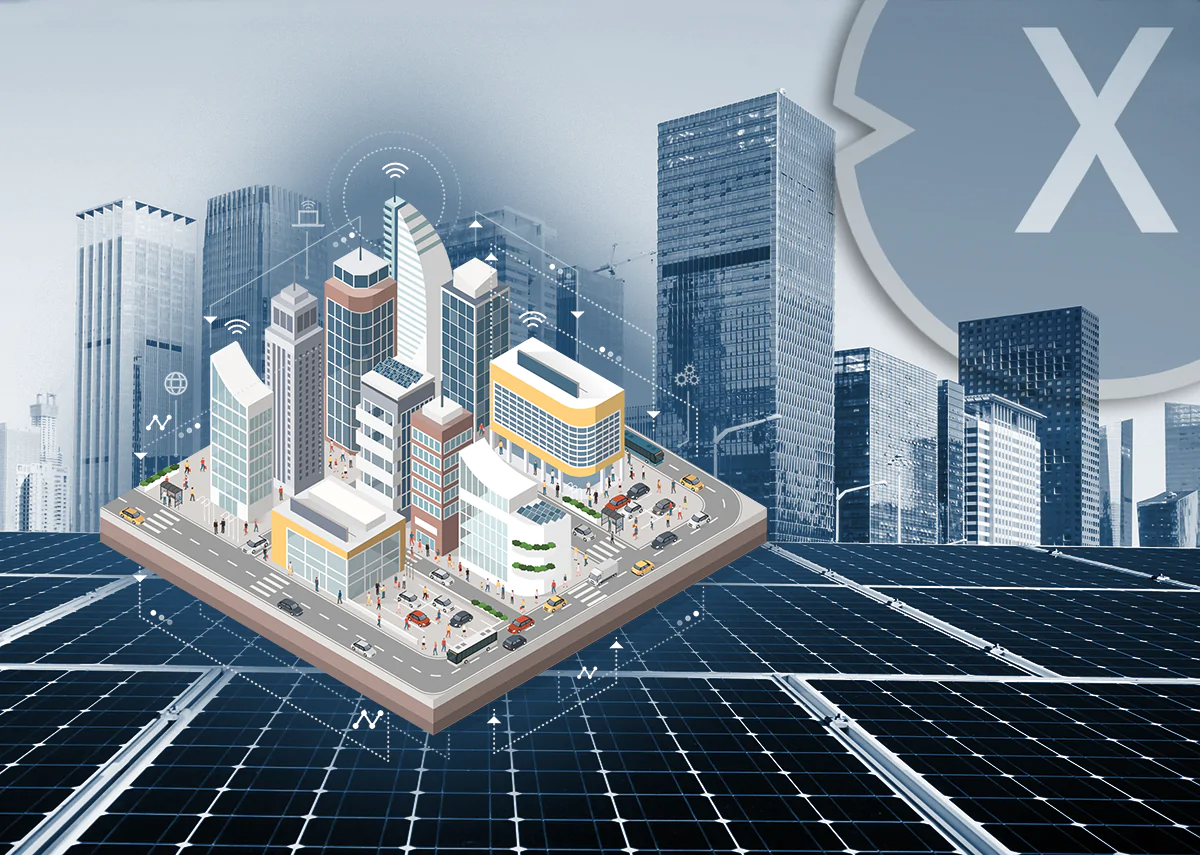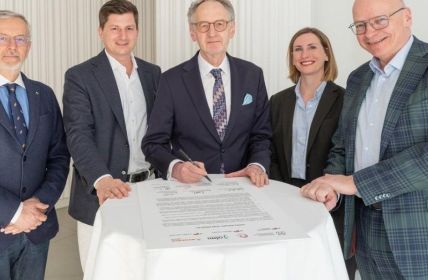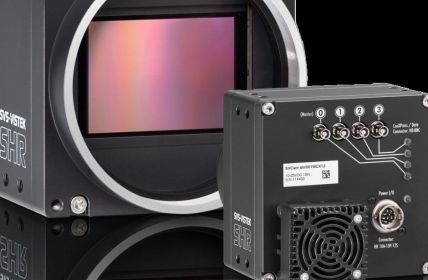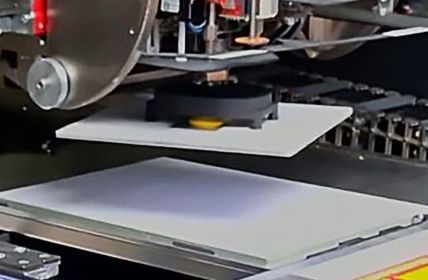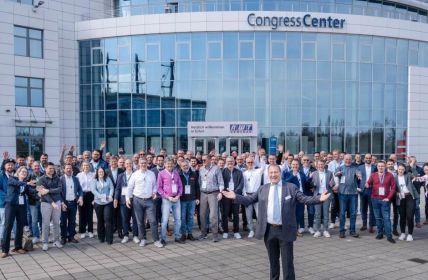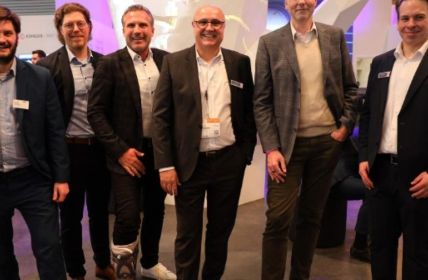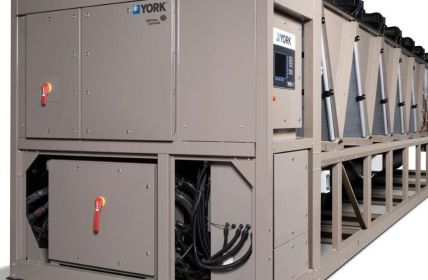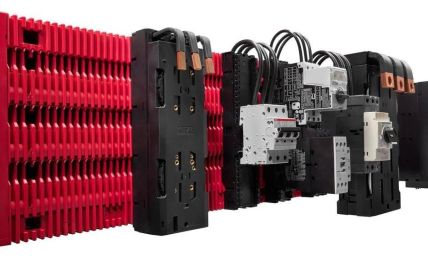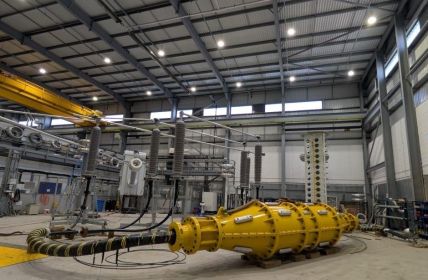As a pioneer in the field of solar carport systems, we offer you comprehensive advice and individual solutions, directly from the manufacturer. Our systems rely on partially transparent solar modules that offer an innovative combination of aesthetics and functionality. To ensure that your system is optimally protected, we have developed special vandalism protection mechanisms that guarantee maximum security. In addition, our solar carport systems have reinforced collision protection, which makes them resistant to external impacts. Whether for industry, municipalities or private households, our solar carport systems are an important component of an intelligent and sustainable energy supply in smart cities.
Smart power supply: Artificial intelligence controls appliances in line with the energy supply”
Using artificial intelligence (AI), it is possible to precisely predict the potential of energy flows as well as the charging and discharging activities of energy storage devices, thereby effectively regulating the smart grid. The smart grid enables electricity suppliers to control energy consumption depending on supply by using smart meters to switch electrical appliances on or off accordingly.
Solar carport systems represent a promising approach to ensure a sustainable and decentralised power supply in smart cities. By integrating solar panels into carport structures, these systems can capture solar energy and convert it into electrical energy. This enables local power generation and reduces the need for long transport routes for electricity. Solar carport systems thus not only offer an efficient use of renewable energy, but also a decentralised solution for energy supply in urban areas.
Energy transition in the transport sector: Intelligent transport systems use solar carports”
By integrating intelligent transport systems and solar carports, cities can take a big step towards an environmentally friendly and efficient transport infrastructure. The solar carports not only provide renewable energy, but also additional benefits such as protection from solar radiation and the possibility to integrate charging stations for electric vehicles, which supports the promotion of electric mobility.
Solar carport systems offer cities the opportunity to modernise their transport infrastructure in a sustainable way. By integrating solar modules into car park roofs, cities can charge their means of transport in an environmentally friendly way and reduce their dependence on non-renewable energy. At the same time, the solar installations act as active energy generators by feeding surplus energy into the power grid and thus contributing to the energy supply of buildings, leading to a holistic reduction of the carbon footprint.
The integration of intelligent transport systems offers a promising opportunity to sustainably improve urban traffic. By using real-time data collected by sensors and cameras, these advanced systems can analyse and optimise traffic flow to reduce congestion. One example of this is traffic management systems that are able to reroute traffic on different roads and thus use capacity more effectively. This leads to less congestion on the roads and an overall improved traffic situation in the city.
By combining intelligent transport systems with solar carports, cities can take a big step towards sustainable mobility and energy efficiency. The solar carport systems use renewable energy sources to meet the electricity demand for transport facilities, leading to a significant reduction in energy consumption and associated environmental impacts. At the same time, the intelligent traffic systems enable optimised traffic management by collecting real-time data on traffic flow, traffic congestion and traffic breakdowns and using this information to avoid traffic congestion and improve traffic flow. This contributes to a more efficient use of road infrastructure and resources and leads to an overall better quality of life for the city’s residents.
In 2020, a pleasing development emerged in Germany: A total of 1.3 million photovoltaic systems were installed on single- and two-family homes. This impressive figure illustrates the growing interest of citizens in sustainable energy solutions. The average saturation rate is eleven percent, which means that a considerable proportion of German households already rely on photovoltaics. Among the federal states, Baden-Württemberg stands out, taking the top position with 21 percent. It is important to note, however, that considerable solar potential remains untapped in eastern Germany, where further expansion offers great opportunities.
In 2020, remarkable progress was made in the small-scale segment, with the average size of solar installations already reaching 7.5 kilowatt peak (kWp). Nevertheless, there remains considerable untapped potential, as a whopping 89 percent of the solar potential on rooftops in Germany lies fallow. It is difficult to determine the exact number of sealed areas with potential for covered solar installations (solar carports), but it is reasonable to assume that this figure is significantly higher than the 89 percent already mentioned.
The acceleration of the energy transition and the increased expansion of renewable energies in Germany require urgent action. One promising option for meeting electricity demand in a climate-friendly and sustainable way is the increased use of solar carport systems. These installations use solar energy efficiently and enable decentralised electricity generation, which leads to a strengthening of energy security and a reduction in environmental impact, especially by reducing CO2 emissions.


